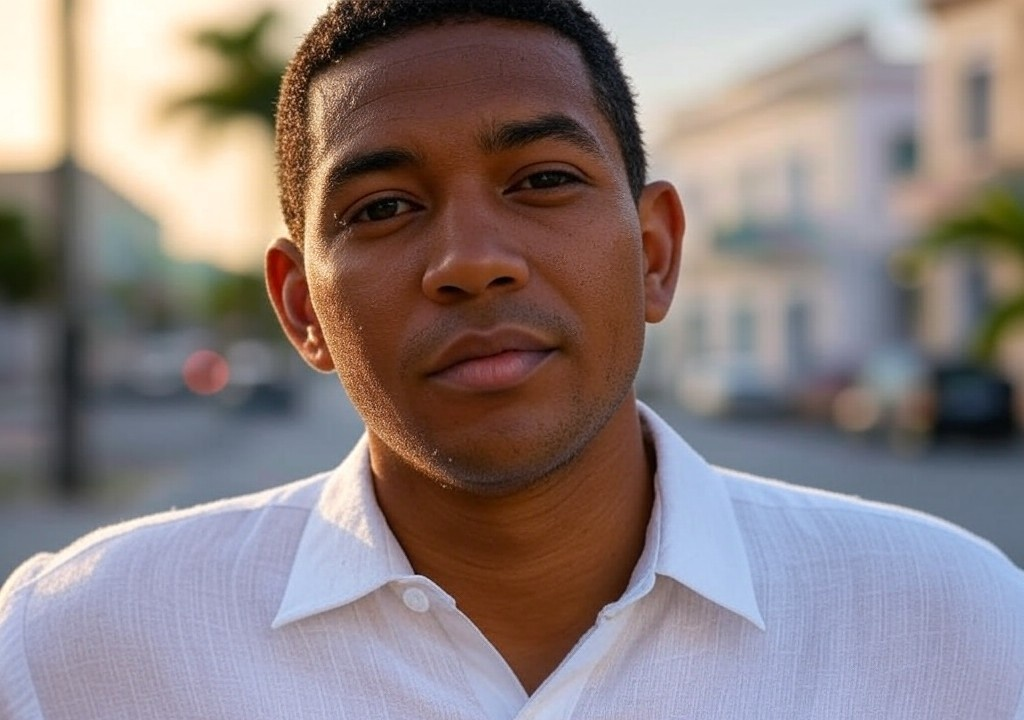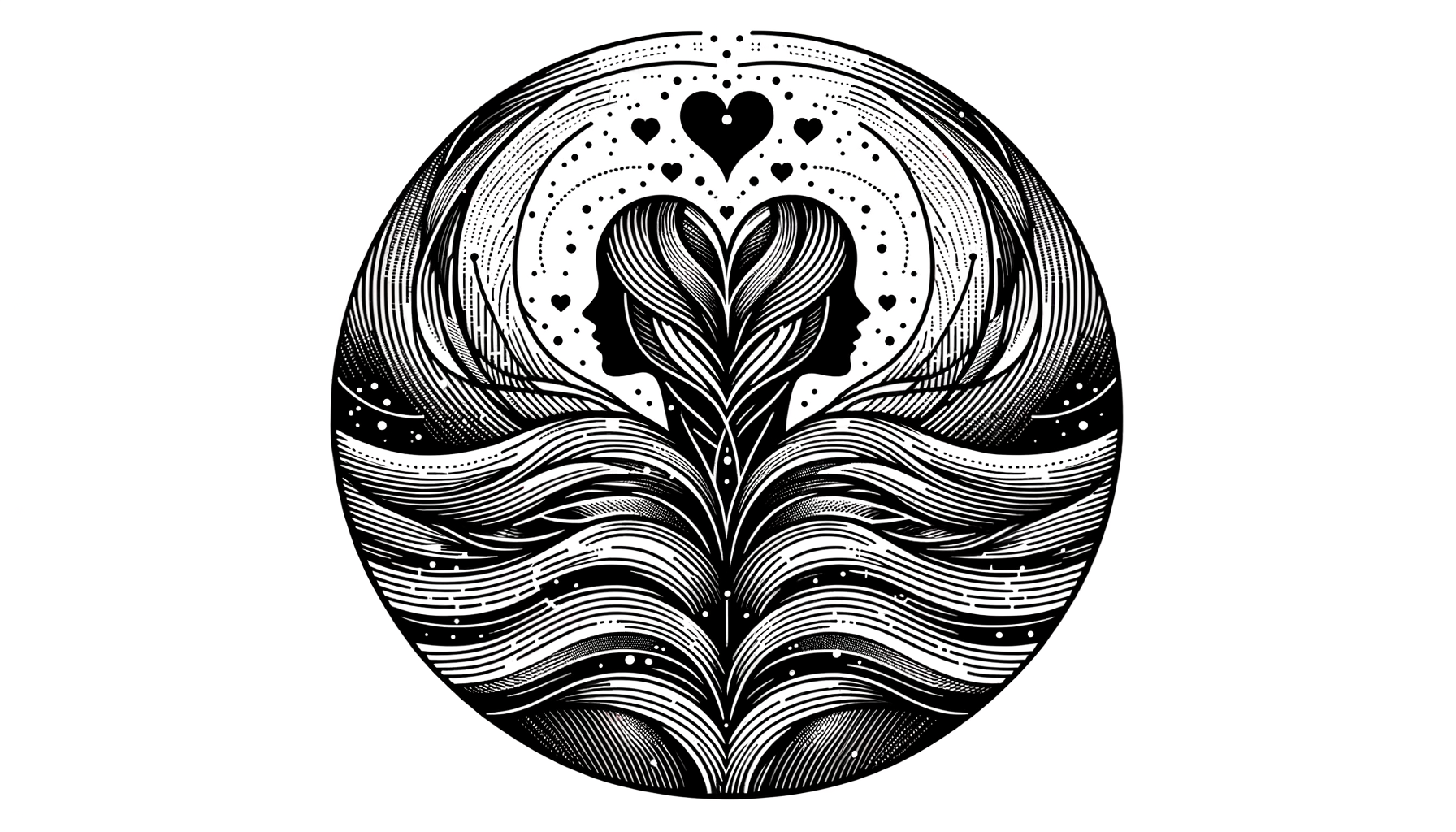From the Bakery to the Blank Page: Why I Chose This Path
I used to think love was best explained through a guava pastelito. Stick with me here. A well-made pastelito from my family’s bakery in Hialeah was everything relationships should be—layered, rich, sweet (but not cloying), and just a little messy. I spent much of my childhood in that bakery watching my parents hustle, dusted in flour and sugar, while they connected with neighbors who wandered in for café cubano and therapy sessions disguised as small talk. Those exchanges were raw, honest, and full of humanity. Love, life, laughter—they all unfolded inside that warm, slightly chaotic shop with the hum of Celia Cruz playing softly in the background.
When I tell people my writing centers on relationships, they often assume I’m just here to dole out tips on how to flirt better, like a human BuzzFeed quiz. Trust me, I’ve had my fair share of awkward dates and cringe-worthy moments (like the time I asked someone if they were into Bruno Mars during an excruciatingly silent car ride—spoiler, they weren’t). But for me, writing about relationships isn’t about crafting the perfect pick-up line; it’s about exploring the messy beauty of connection. How we share life with another person shapes who we are more than almost anything else. And so, here I am, scribbling words to help people flirt, fight, and fall in love with intention.
But how did I end up here—a Cuban kid from Hialeah, penning think pieces about the emotional equivalent of a pastelito? Let’s get into it.
Love and Language: My First Hookups
I fell in love with words long before I fell in love with people. My parents used to tease me because I’d leaf through Don Quixote before I was tall enough to reach the counter at the bakery. Literature was my escape hatch, my ticket to new worlds when the world around me felt stifling. This love for words bloomed fully during my time at Florida State University, where I majored in English Literature. For the first time, I realized I could do more than consume stories; I could create them.
A surprising lightbulb moment came during my first Creative Writing seminar, where the professor challenged us to write about something universal: heartbreak. My short story didn’t win any awards, but afterward, my professor said, “Raúl, you’ve got a knack for vulnerability. Use it.” Vulnerability—the kind my parents’ bakery customers brought in with them like spare change—was what set me apart.
Isn’t that also the secret ingredient to human connection? Vulnerability is underrated. It’s not a flashy first date outfit; it’s the ugly cry during a late-night argument or admitting that you still have a secret playlist of emo songs from high school. That same vulnerability found its way into my stories, my essays, and eventually this career path. As I learned, love and writing both work best when you leave the armor at home.
Relationships: A Cuban American Crash Course
Growing up in a Cuban American family, I didn’t just witness relationships—I practically marinated in them. Cuban culture thrives on intense, intimate bonds, whether it’s your grandmother calling to ask if you’ve eaten (even though you’re 35 and live on your own), or your cousin’s boyfriend’s uncle giving you unsolicited relationship advice at the Sunday barbecue. Some people find it intrusive; I call it passionately involved.
Those family moments taught me that real relationships are a team sport. Some days you win together, like when my abuelo would hold court in the bakery, weaving tales of post-revolution escape and resilience for customers who hung on every word. Other days, it’s about surviving the sticky situations, like when my parents fought over whether “cafecito after 4 p.m.” was an unforgivable crime (spoiler: my dad lost that battle).
What I’ve learned from my family is this: love isn’t the pristine Instagram-filter version you see online. It’s messy, a little loud, and sometimes you run out of butter halfway through baking because your brother “borrowed” it and forgot to tell you. But when it works, it’s the most authentic thing there is.
The Writer's Residency That Sealed the Deal
Key West was the first time I slowed down long enough to fully understand what kind of writer (and person) I wanted to be. Imagine sitting in a sun-drenched studio with the smell of saltwater wafting through the window, armed with little more than a notebook and too much Cuban coffee.
Here’s what crystallized during those quiet mornings: Writing about relationships was my way of making sense of the world. Whether I was scribbling about the heartbreak of unspoken goodbyes or the joy of finding someone who laughs at your bad puns, I realized love wasn’t an abstract concept for me—it was as tangible and vital as oxygen.
And let’s be real, Key West was practically Cupid’s playground. Between Hemingway’s ghost whispering through the air and the serendipity of running into strangers who felt like old friends, I couldn’t help but believe in love and its infinite stories.
Why I Keep Writing About Love
I’ll admit it: Part of me writes about relationships because it keeps my own baggage from getting too heavy. Writing is how I process everything from the thrill of new romance to the sting of rejection. But I also know that relationships are the universal equalizer. It doesn’t matter where you’re from, what language you speak, or whether you prefer your coffee black or as sugary as tres leches—we all want to love and be loved.
For me, writing about relationships isn’t just a career; it’s an act of service. It’s my way of continuing the bakery tradition, minus the carbs. Much like my parents served up sugar and solace to our neighbors, I hope my words bring people comfort, clarity, and the occasional laugh.
Why This Path Fits
At its core, relationships are about learning. Just like I learned that not everyone appreciates late-night rants about José Martí’s poetry (my bad), we all stumble, grow, and eventually figure things out about ourselves and the people we let into our lives. Writing about dating and relationships lets me explore these universal truths while grounding them in humor, culture, and the occasional pastelito metaphor. Plus, let’s be real—it’s a lot cheaper than therapy.
So, whether I’m writing about communicating through tough times or celebrating the joy of flirting without overthinking it, my goal is simple: make space for people to be human. Awkward, vulnerable, hilariously imperfect, guava-filled humans.
And really, what’s more beautiful than that?




















